Harrison Street’s Chris Merrill on Investing in Turbulent Times
The firm’s co-founder & CEO shares insights on adapting to today’s extraordinary market conditions.
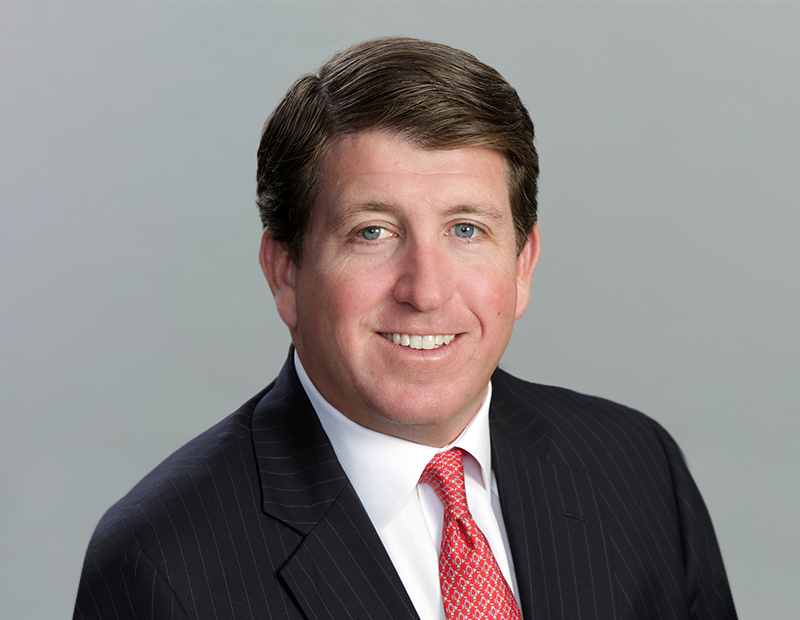
Chris Merrill, Co-Founder & CEO, Harrison Street Real Estate Capital. Image courtesy of Harrison Street Real Estate Capital
It’s not all gloomy news in the real estate industry in these uncertain times. For Harrison Street Real Estate Capital, the COVID-19 pandemic represents the second major economic turbulence the company has faced since its launch in 2005. The firm has again decided to invest for profit, while other companies opted for more cautious measures. Chris Merrill, Harrison’s co-founder & CEO, shared his investment strategy and the sectors where he sees most opportunities in upcoming quarters.
While having buying power is key during economic slowdowns, Merrill also highlighted how a close relationship with long-time partners plays a key role in maintaining a strong flux of investment. The company’s collaborators include about 150 universities, 30 health-care systems and 50 operating partners.
READ MORE: CRE’s Cautious Road to Recovery
This is not the first economic crisis your company has sailed. How do you usually identify investment opportunities during challenging times?
Merrill: When we launched Harrison Street in 2005, we sought to invest in asset classes that were less correlated to GDP or job growth and to develop a portfolio that would be more resilient throughout market cycles. Since inception, the firm has invested $34 billion in demographic-driven assets including senior housing, student housing, health-care delivery, life sciences and storage real estate, as well as social and utility infrastructure. Our strategy has served us well and has proven itself time and time again.

What has been your investment approach since the pandemic started and what results are you seeing compared to the same period last year?
Merrill: Our approach has not changed. We have always valued the long-term relationships we have with universities, health systems and operating partners and have been in close contact throughout this pandemic. We remain focused on generating investment performance on behalf of our investors. As a result, year to date, we have invested approximately $1.4 billion versus $1.3 billion last year.
The deals you closed during recent months focus on life sciences and medical office assets. What made you invest in these particular sectors during these times?
Merrill: This pandemic has highlighted the rising need for investment in R&D and innovation, not just for this crisis but also for many other long-term challenges we are facing. For instance, chronic illnesses such as heart disease, asthma, cancer and diabetes are more prevalent, as life expectancy is increasing globally.
We identified this trend long before COVID-19. Life sciences companies represent an attractive solution with the development of new drugs, therapies and devices that can reduce overall health-care costs while improving the patient’s quality of life. We believe the asset class is resilient and will continue to perform.
How did you overcome any challenges related to financing these deals?
Merrill: As I mentioned, we have dry powder available to us across our strategies, which provides us, our partners and counterparties certainty of closing. For example, if we are unable to agree to terms with a lender, we have the ability to close deals on an all-cash basis, should we feel it is warranted.
READ MORE: Crisis Intervention: An Alternative Lender’s View of CRE Finance
What property sectors do you expect will attract more capital this year, as the industry continues to be impacted by COVID-19?
Merrill: We expect to see attractive opportunities in the life sciences and health-care sectors, social infrastructure such as district energy assets, student housing and public-private partnerships.
In which U.S. markets do you continue to see opportunities this year and where does Chicago place on your list?
Merrill: As a firm that is focused on demographic-driven assets, our target markets are broader than those of a typical traditional real estate manager. For example, we have made investments in 47 states across the U.S. A core market for us is based on the strength of the underlying demographics, university and/or health-care system. That opens up a lot of geography for us.
In our hometown of Chicago, we currently own a wide range of properties including student housing, senior housing, medical office and storage assets. Our commitment to Chicago runs deeper than just doing business there—as a firm, we aim to strengthen our community by partnering with local organizations and programs and encouraging our employees to volunteer.
What lessons has this pandemic taught you, compared to other black swan events, and what’s your advice for investors to better prepare for the next crisis?
Merrill: For us, it really is business as usual for the most part. We are proud to have an investment model designed to withstand market cycles and invest in assets not tied to economic cycles.
When we developed our business model over 15 years ago, we spent significant time thinking through how to establish a firm that would be more resilient in the face of unknown events. We were very clear that we did not want to be in the business of timing the market or folks that followed the herd. We wanted to innovate and make investments in resilient, need-based asset classes. We sought to create a platform that was and continues to be well capitalized. That foundation remains in place today.
What else do you have in the pipeline for the rest of the year?
Merrill: The current market environment favors our disciplined, long-term and patient investment strategy. We will continue to stay true to the way we have always invested, which is to focus on high-quality properties backed by solid demographics, while providing certainty of execution to our partners. We like the sectors we are in due to their resilient characteristics and are excited to put our capital to work.

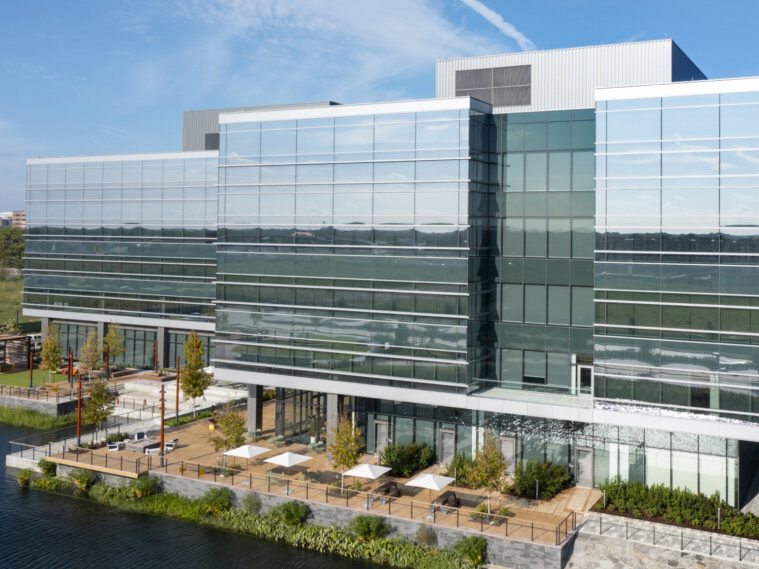
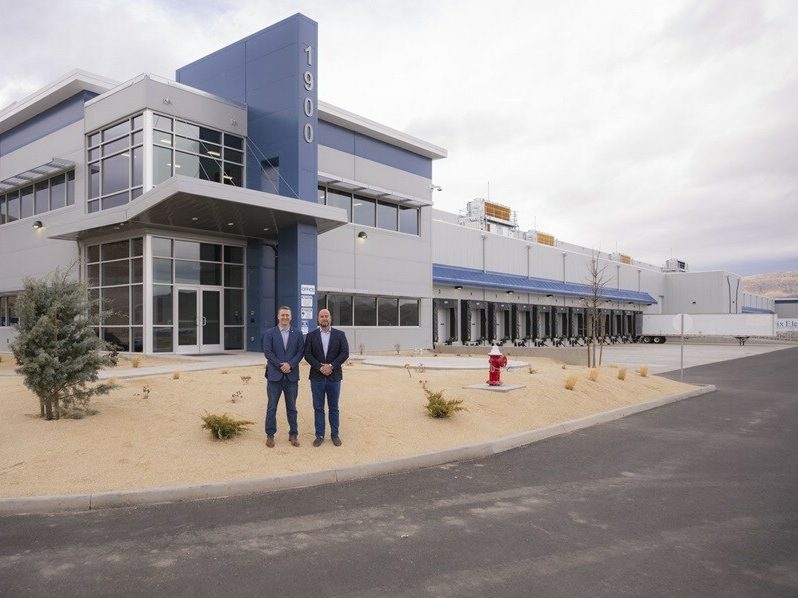
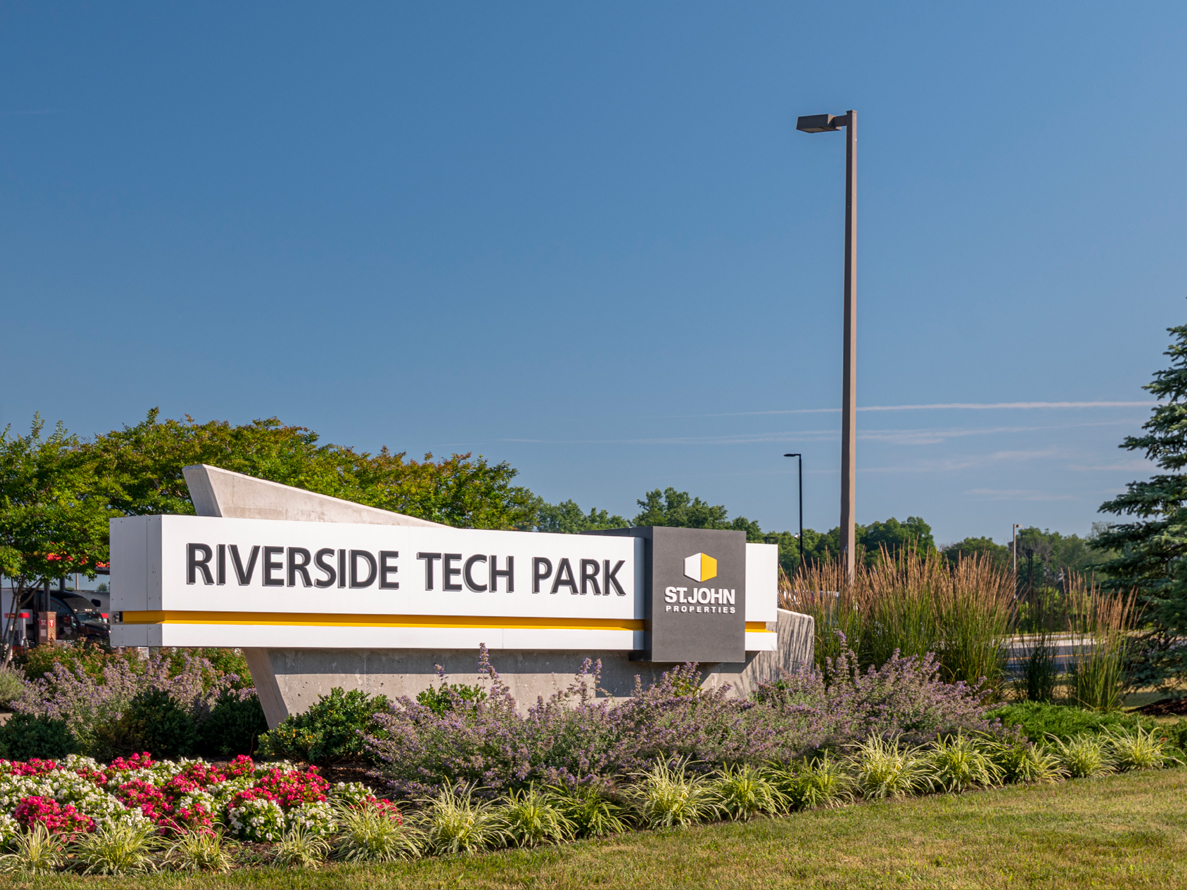
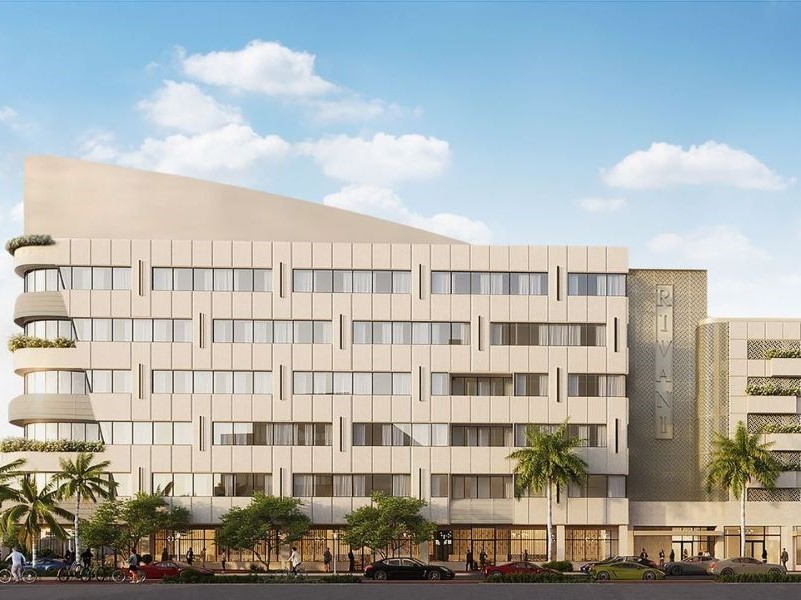
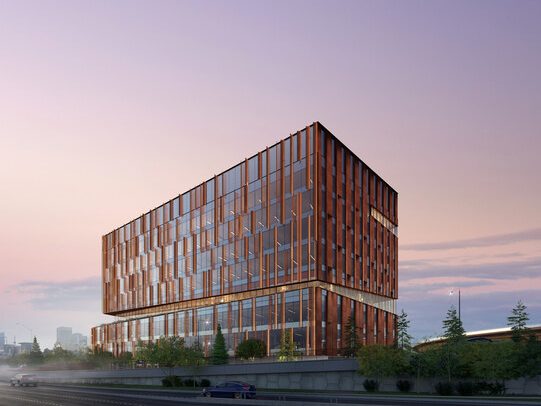
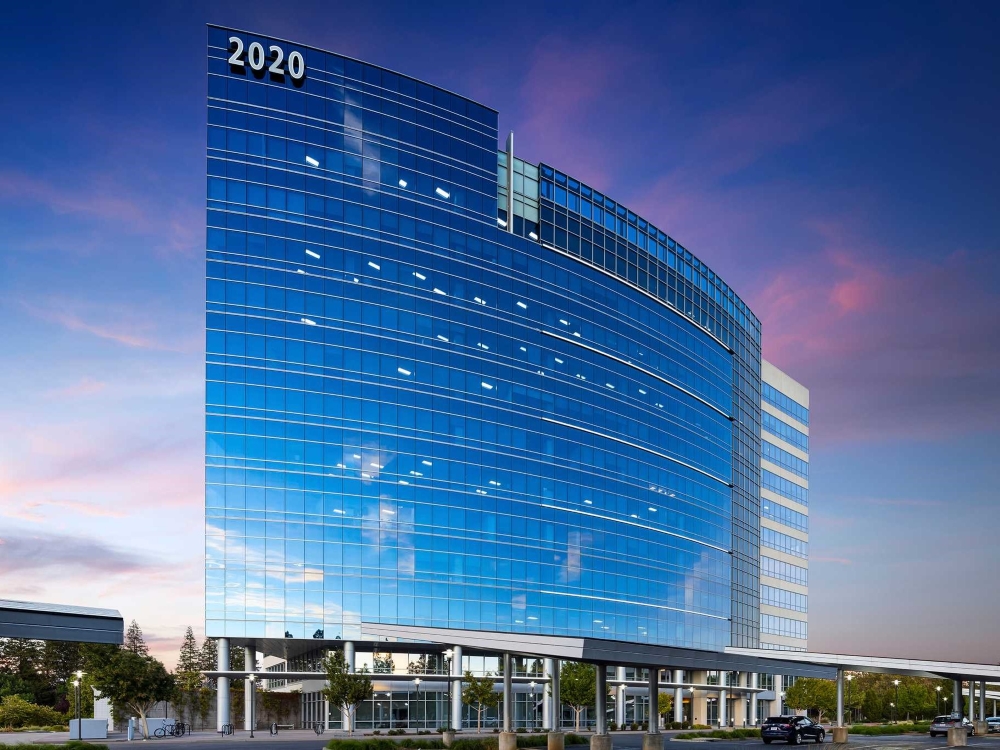
You must be logged in to post a comment.